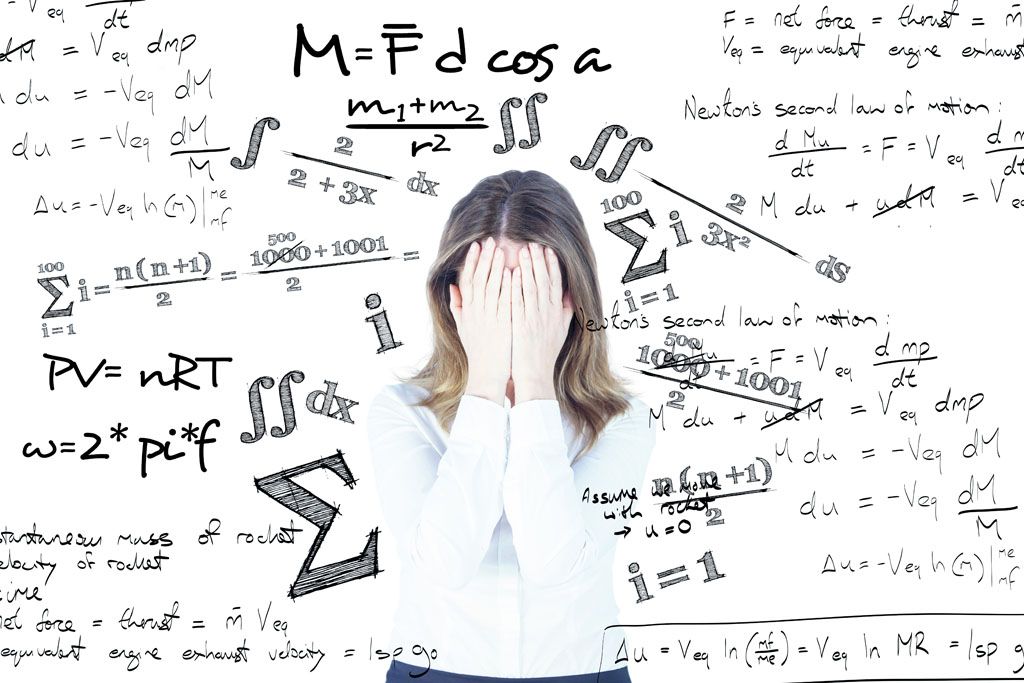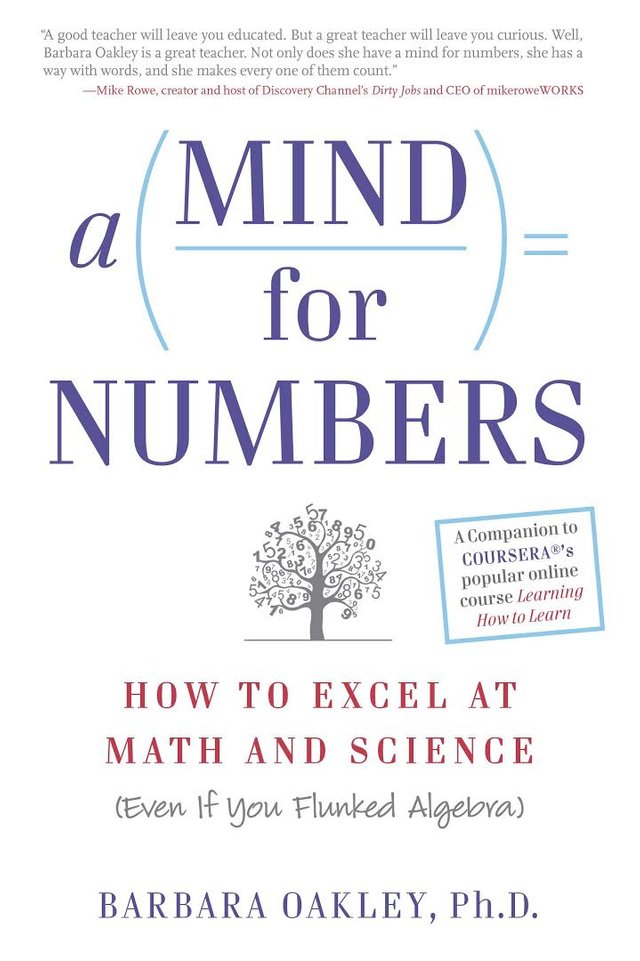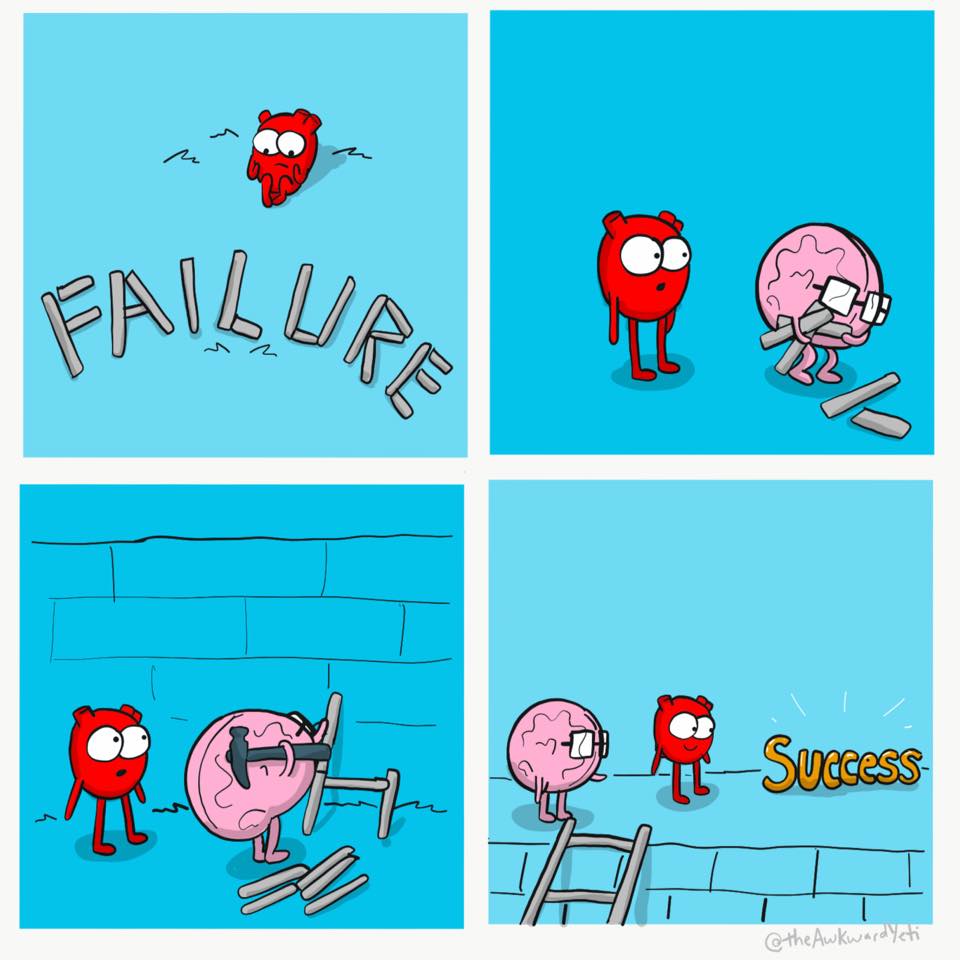Overcoming the fear of mathematics

Hey guys! In my introduceyourself post, I mentioned my academic involvement in S.T.E.M and in science in general. One of the most immediate comments that I usually receive from strangers and acquaintances is "Oh wow physics is super tough, you must be really good at math." Well, little do they know that I am actually not a talented mathematician; in fact, I was never naturally good in anything involving math. I even graduated high school without having to take trigonometry! (can you believe it? the educational system sucks.) In general, my love for physics was great, and I knew that mathematics was just a natural part of the package. I started college taking elementary algebra, and within four semesters I found myself in differential equations. (with B+ as my lowest grade!) The reason for my speedy progression was the way I approached my math fear: I realized that mathematics is the one thing you can actually learn; the rules are stable but the approaches vary. It is the fear of how to approach and progress through a problem that keeps individuals from trying in the first place. For my personal journey, I found that reading about math helped me to quickly overcome the hurdles of not wanting to even begin. In particular, a book that I would really recommend is "A Mind for Numbers" by Barbara Oakley.

This book was a godsend.
The author herself did not really learn mathematics until her late 20's which then lead her to her career path as an engineer. The book also talks about how the brain stores scientific and mathematical data, and how to better optimize your time while learning the subjects. Overall, reading this book time and time again has motivated me to approach problems that bring me both physical and mental agony. It's one of those really easy inspirational reads about mathematics that helps you realize that you're not alone in this fight, and its ultimately going to be alright.
If any of you have read this title or have alternative reads that have aided you in conquering your mathematical fears, I would definitely love to know!

~~~Till next time!
There should be a term for Math phobia.... Mathemaphobia. LOL! Thanks for sharing. Didn't know this book exists!
I definitely agree; we need a better term than "math anxiety." If you happen to read the book def let me know your thoughts! Thanks for reading!
Thanks for sharing... Love it.
Thanks for reading!
My mathematical fears are still alive and kicking, good thing is that biology doesn't need as much of it as physics!
Btw, we have a flourishing science community here on steemit, if you want to connect with us you can join the #steemSTEM channel on steemit.chat!
We'd love to see you there :)
I definitely want to!
I dont have issue with mathematics, but understanding math is always requiring lot of time and effort to understand, and most people dont have this sort of time or mental energy available, or they dont value mathematics problem solving enough to invest too much time into understanding it, or have other things to solve that they think is more important.
Understanding new mathematics concept or formulas always takes time and effort, there is no black & white barrier where someone understand all the mathematics at once, its all about time spent into understanding some bits of it, and the more time you spent reading it the more you understand.
I would say understanding math in a physical sense is easier than memorizing the formulas. In fact, most professors encourage you to conceptualize your topics in order to get a sense of what you're actually doing. Taking a derivative easy, but if you don't understand what you're doing physically or graphiclly, that's wheree problems begin. This particular book talks about math in the broader sense, and does not make you do actual problems (that's why I posted about it!) it's applicable to a wide audience! There are other books like "Differential Equations in 24 hours" that are more geared towards learning and practicing a mathematical class then conceptualizing it.
It depends if you do mathematics only for sake of practical application for industrial and economic purpose, or to train into logic or more with a platonic sense of valueing reasoning and solving problem with the mind, like mental training into idealism and logical thinking more than to be trained in a sector of the industry.
Mathematics is a discipline in itself that has value beyond physics modelling.
Rieman showed very well this problem of how to determine the "physicality" of mathematics equation in " the Hypotheses Which Lie at the Foundations of Geometry".
If its for economic purpose, all together advanced mathematics only has marginal use in the whole process of designing commercially succesful industry, in which direct experience and practical insight and "know how" might be more important than knowing mathematic formulas.
Specially with computers, now there are plenty of software that can be used for solving engineering or accounting issues, without needing to know about the math behind.
Congratulations @hellbell! You have received a personal award!
Click on the badge to view your Board of Honor.
Do not miss the last post from @steemitboard:
Congratulations @hellbell! You received a personal award!
You can view your badges on your Steem Board and compare to others on the Steem Ranking
Vote for @Steemitboard as a witness to get one more award and increased upvotes!